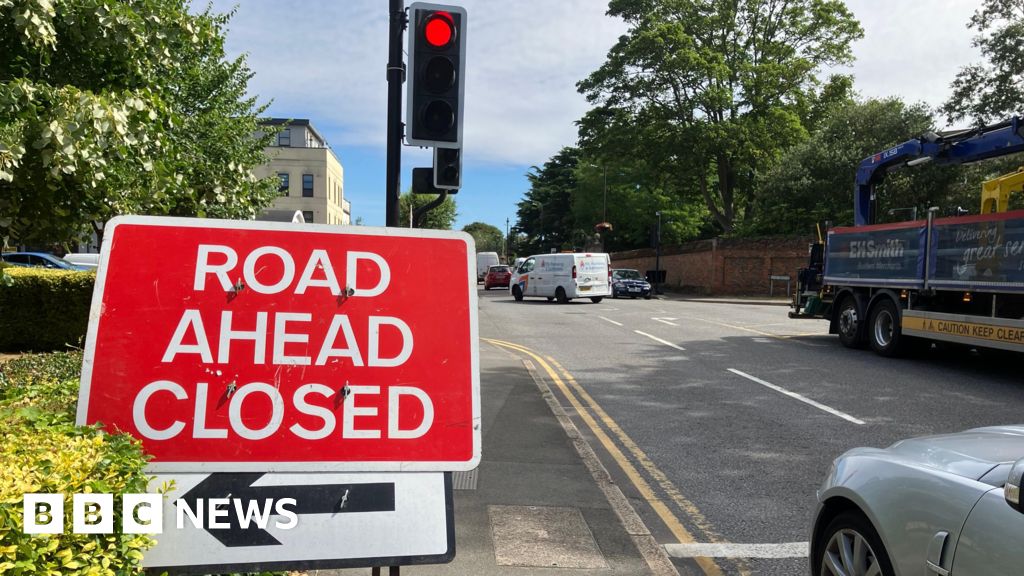Firms behind roadworks on Greater Manchester’s busiest routes could be charged up to £2,500 per day in an attempt to cut congestion at peak times.
The proposal by Transport for Greater Manchester to introduce fees for full and partial road closures in traffic hotspots is aimed at encouraging local authorities, utility companies and others to collaborate to speed up work.
If approved the scheme would cover more than 700 highways in busy areas of the region often hit by delays.
Greater Manchester mayor Andy Burnham told Radio Manchester: “It’s needed to basically get a much clearer discipline around roadworks and not have them taking a day longer, an hour longer than they should.
He said: “It’s one of those things that London has had and we’ve been saying well why don’t we have this as well and it’s all linked to getting a tighter grip on the way the roads work and making them work better for the users of the roads.”
The scheme – known as lane rental – has also been introduced in Kent, Surrey and Sussex.
Roadworks on the proposed routes often lead to delays that lead the local economy to lose about £100m a year and create more pollution, TfGM said.
The proposed scheme, which covers about 10% of Greater Manchester’s highways, is set to be outlined at a Transport for Greater Manchester (TfGM) committee meeting on 24 July.
It would see those who partially close a road in one of the designated areas charged £1,500 per day, and £2,500 per day for full road closures at peak-time.
Work on pedestrianised areas could cost £350 per day.
TfGM plans to hold a consultation on the charges before submitting an application to the Transport Secretary, whose approval is required before it can become operational.
Peter Boulton, TfGM’s highways network director, said: “We’ve all experienced the frustration that comes with roadworks.
“These schemes can also act as a strong incentive for organisations which carry out roadworks to plan ahead, ensure the work is done more efficiently and help alleviate disruption.”
A TfGM representative said that if the scheme is approved, it could generate about £10-13m per year, which would be invested into road maintenance.


